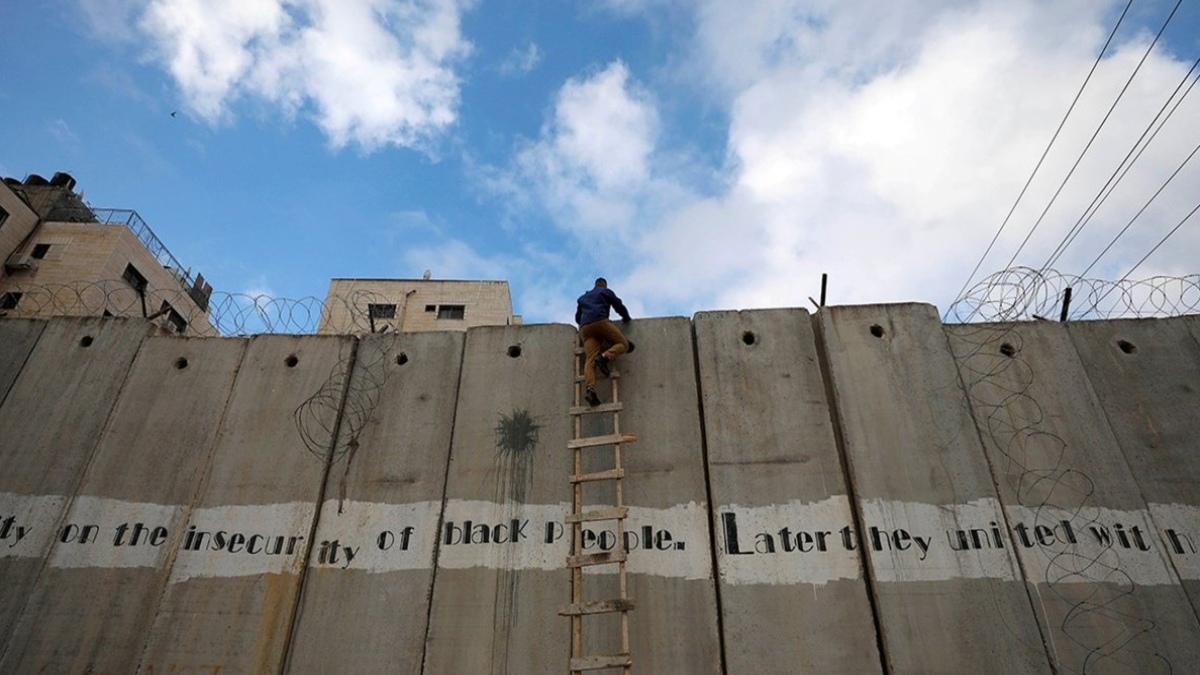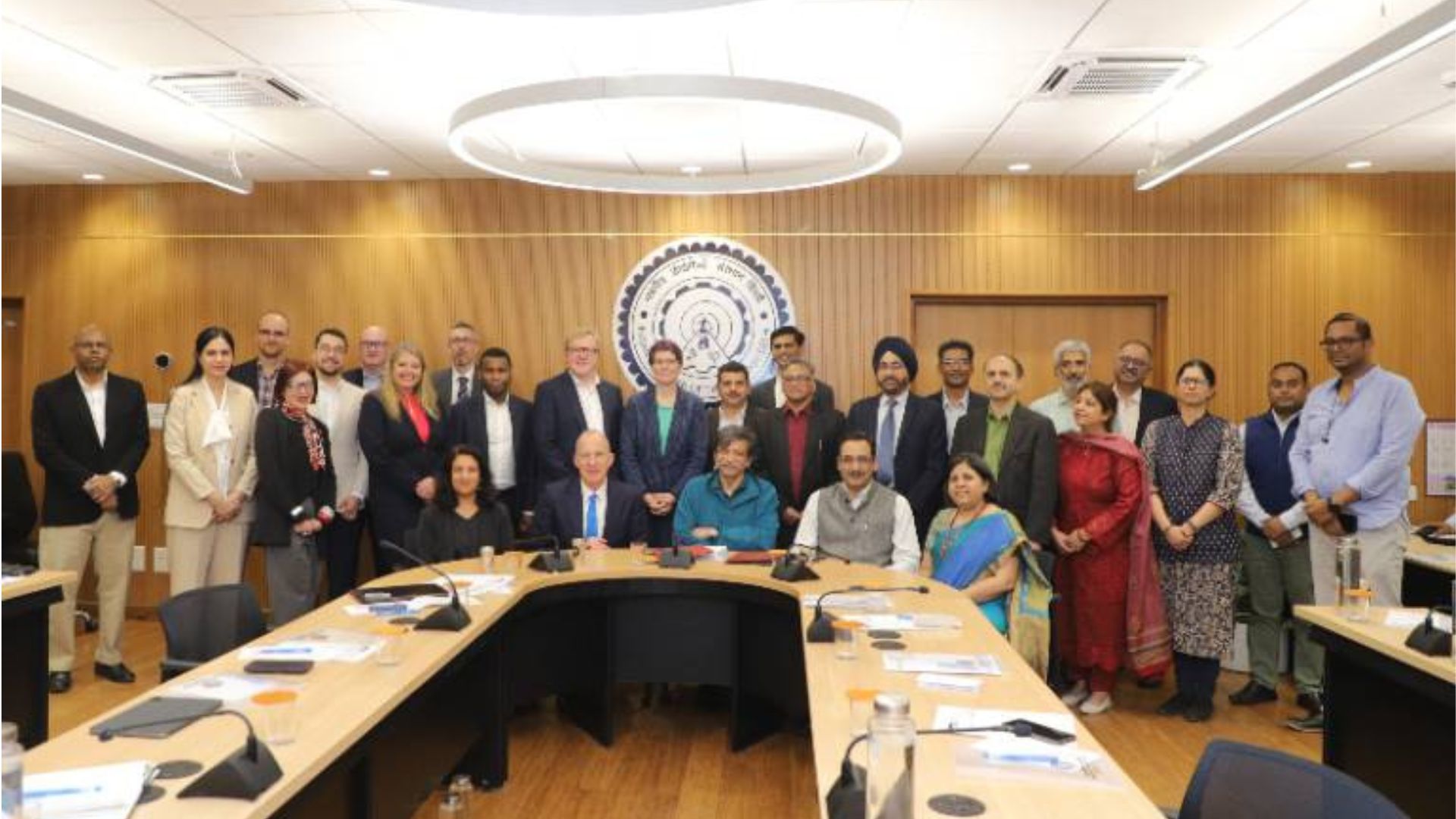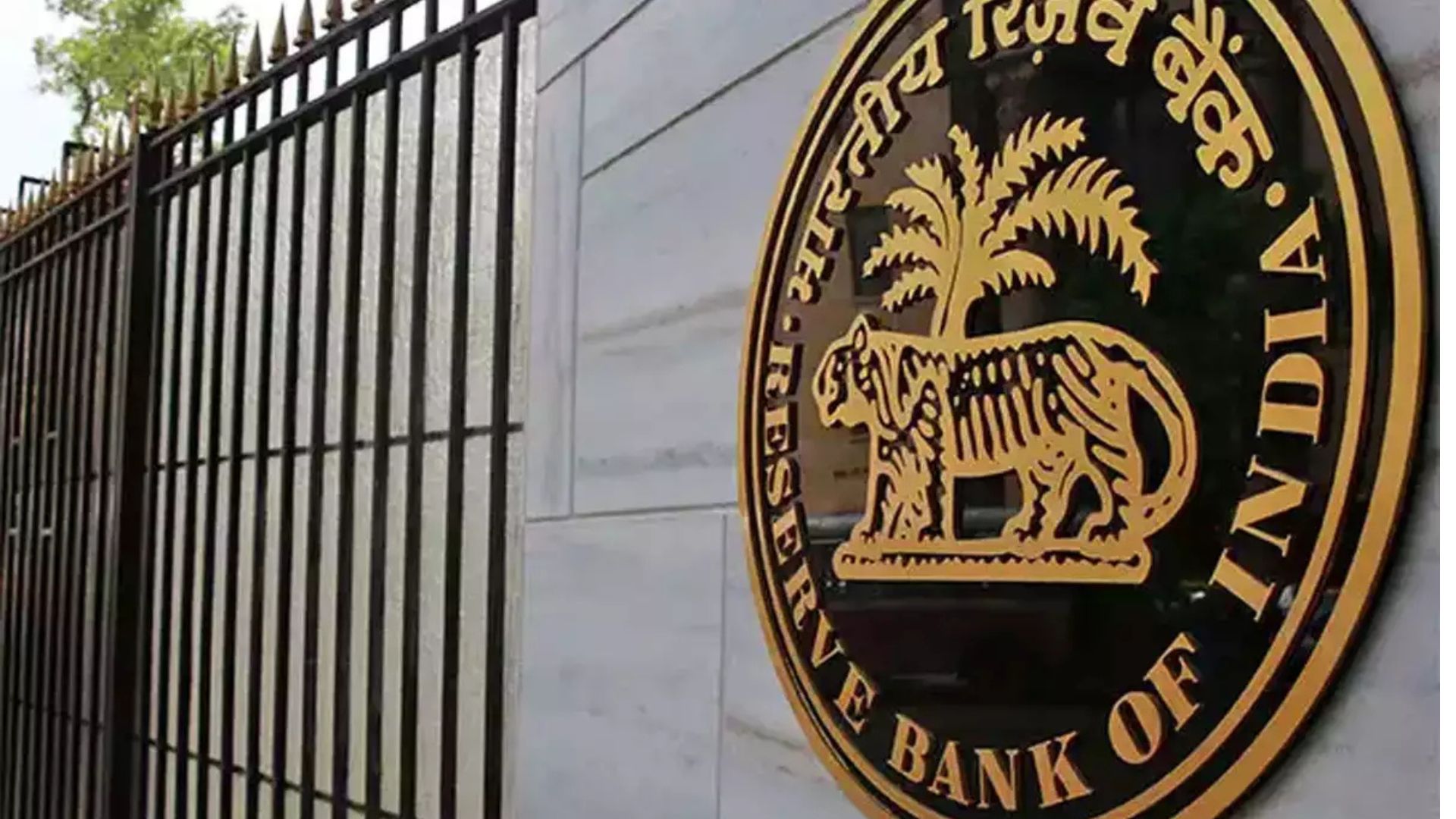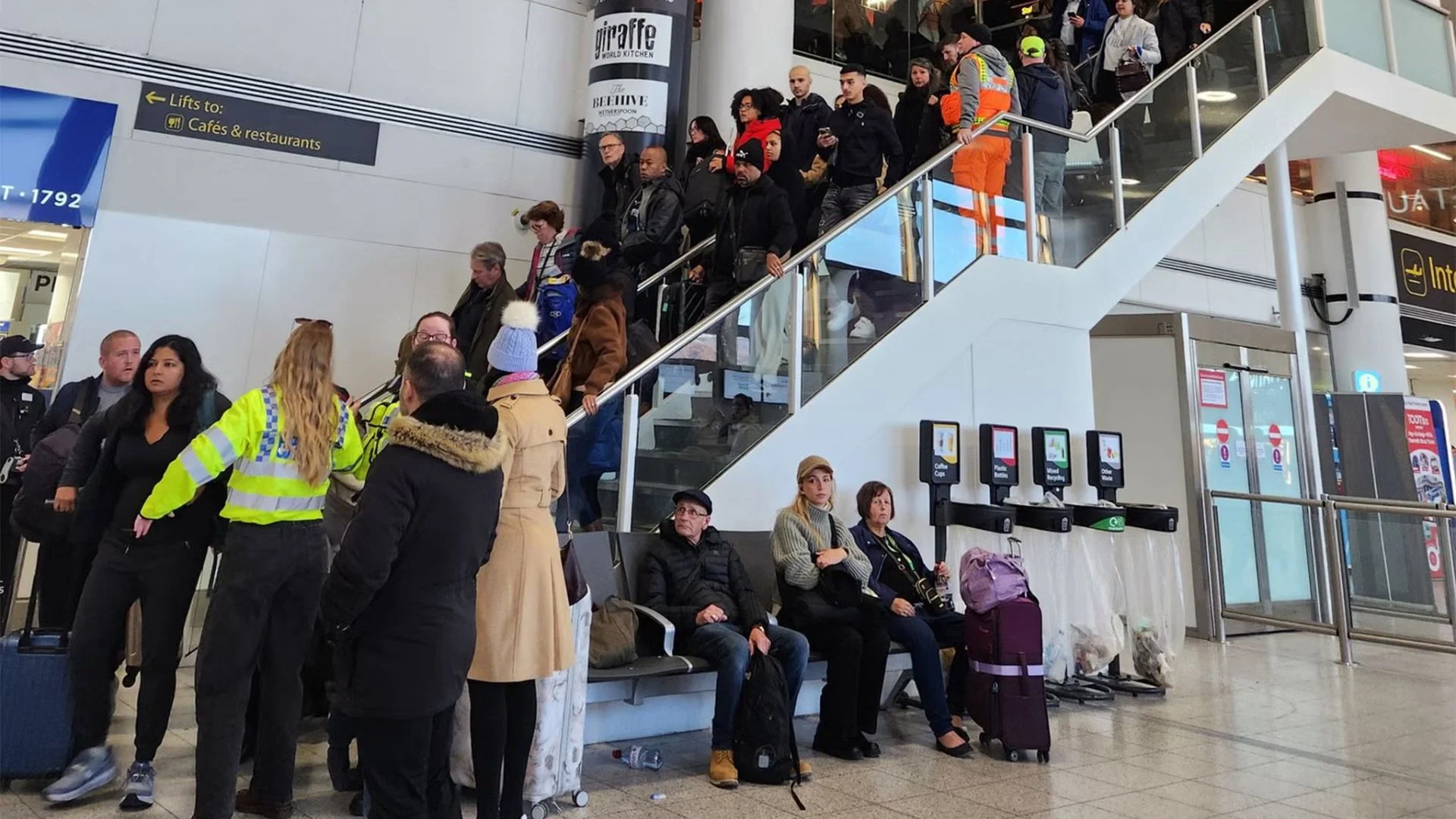
Israel-Palestine conflict is a Seventy-three-year-old conflict that has been ongoing. Warning sirens echoing from Jerusalem to Bethlehem to Tel Aviv to Gaza shook up the areas in the past couple of months on the land known for giving birth to three Abrahamic religions. With dozens of people being dead over the conflict, including children & civilians, this has brought again the question of what this ongoing conflict has achieved in the last seventy years for both sides.
The Israel Palestine conflict has become such a complex issue in 2021 that it is no longer a conflict based on land division. Hence, the involvement of groups, whether we may categories them into protestors, terrorists, or traitors, but overall, the conflict has taken the form of a belligerent movement designated as insurgents.
The question comes in what lies beyond this conflict? Conflict with Israel, along with its neighbourhood, isn’t something the world hasn’t been acquainted with. What needs to be understood here with Israeli conflicts haven’t been just between Israelis and Palestinians. There have existed three conflicts on the holy land, a land responsible for the emergence of three Abrahamic religions: Judaism, Christianity, and Islam.
The first one, between Israel and Arabs, the second one between Israel and Palestine and the third one is tension between Jews and Arabs in Israel itself. The example is the cases of property & land in East Jerusalem, Sheikh Jarrah property dispute.
The first one about Israel and Arab nations; since the peace treaty was signed between Egypt and Israel, this conflict has ended. And with recent normalization from the United Arab Emirates, Bahrain, Saudi Arabia, Morocco and Sudan, the conflict of recognition amongst states seems to have settled. But these have been overrated conflicts because they were never fighting with Israel in a real sense apart from the cessation of diplomatic ties.
However, the other two are not over yet. With Israel Palestine conflict being a conflict of international concern, this one calls for one final settlement. Not just because that would secure Israel’s nationals and expensive spending on defence measures, but it’s becoming a concern over Palestine’s slow-paced development of their economy and the growth of their youth. Two nations have been living with each other right next to doors, and with the world demographics and non-existence of any further terra nullius, the nations are going to stay next doors. With a few Arab states, Israel seems to have succeeded a normalization but not with Palestinians because of the territory occupation that resulted from a six-day war.
Right from the Mediterranean Sea to Jordan river, approximately seven million Jews and seven million Arabs reside. What is unique about the conflict with Palestinians is that the origination of conflict is not just based on the 1967 war but begins right through 1948’s conflict. 1948 was the year when the United Nations approved the right of refugees to return to the land designated to the Jews under the settlement. But the same settlement, even though while making a nation under the religious norms, as the Jewish nation under the Zionism, missed a critical mark to lay down the solutions for the ethnics. These were existential matters for the existence of Israel. This is what makes the Palestinian issue much more challenging to resolve.
From an Israeli’s narrative, right from the holocaust to redemption, the Israelis have a history of self-determination and self-defence of protecting Jewish people. While with the Arab’s point of view, the creation of Israel has never been termed as an act of self-defence but as an act of aggression. Even the whole Zionist movement as well has been seen as a movement of aggression and injustice’s epitome as one part of multiple theories.
ONE REASON WHY NO FINAL AGREEMENT HAS EVER BEEN ACHIEVED BETWEEN THESE TWO COUNTRIES
When the Zionist movement happened, there were two unrealistic assumptions about Zionists; the first one was that one was every Jew would immigrate to Israel upon its creation and the second one was that Arabs would take part in the Zion project because Israel would bring them modernity and freedom notions from Europe. As a result, there was mass resistance from the Arabic community, leading to partition and war. This has happened in the recent past again where Israel pulled out from Gaza and reverting to partition in 2005.
Failure to policies hasn’t been much of a surprise in this current conflict where Oslo has failed in past and attempts of suicide bombings resulting in numerous deaths on either of the sides. When we are talking about maintaining a Status quo, we need to understand that Status Quo comes in with its own complication. It would mean the determination of the border between Israel and Palestine. At the same time, bringing it back to life the security conflicts and land dispute issues. The elimination of the 1967 border would instead end up dividing two Palestinian community into both sides of the line.
On the other side, the recent trends have instead shown another side of the amalgamation of two communities, where education and workforce interaction have increased between two communities. There has been an increase of 20% workforce staff in Israel has increased post covid of from the Arab communities. At the political ends, the political party, Ra’am, under Mansour Abbas, created history on June 13th. It became the first Arab party to be a part of the coalition and government. Such thoughts and actions of integrating the Arab and Jewish communities into life and politics never existed before. Equality for all was never included in the declaration of independence, but now saplings of the same could be seen as rising despite the extreme pressure.
In the meantime, we have seen the two-nation resolving through the ceasefire, which momentarily has brought in cessation to the firepower. But, despite that, we have noticed in the past week about how military actions have again begun in Gaza between Israel armed forces and Hamas.
But the question comes in what about the long-term solutions for this conflict? When we discuss Gaza, we can discuss it on two fronts, one as a base of Hamas or as a home for two million people, and only the latter makes a ground for the humanitarian cause and a call for peace. Reinstatement of Gaza is the need for an hour right now with a safer and established community and not as a place to be recognized in history as a launching pad. It does include a reconstruction of Gaza, establishing de-salinization plants, and allowance for Gazans to work in Israel with re-establishment.
SOLUTION? WHAT LIES AHEAD?
The solution, though, has been reiterated numerous times by scholars, academicians and world politicians, i.e. the bilateral talks. The bilateral negotiations must resume between Israel and Palestine government that hasn’t take place since ages. Unless there won’t be a dialogue, there won’t be a negotiation. Those chances of the agreement are remote, but then there must be an alternative plan that needs to be built alongside, such as rethinking of Jerusalem’s residency situation for the Arab population, thinking of the citizenship status of the Arab population of that region.
The communities need to be integrated, and that must be an equal integration as well. Protests and aggression aren’t going to be a viable long-term option for any of the parties. The recent acts of aggression have already delivered a wake-up call, and the same can’t go on as a long-term strategy. Normalization of ties between UAE and Bahrain cannot serve as an alternative to the Palestinian conflict. This must be done and resolved only with the Palestinians on to the round table. Ignoring the Palestinian issue for Israel would mean ignoring the elephant in the room, requiring numerous courageous discussions for coming to terms with the reality.















